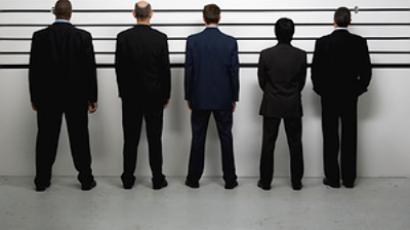WikiLeaks shows reporter killings in Iraq
WikiLeaks has released a video taken from a US Apache helicopter showing the murder of two Reuters journalists in Iraq in 2007. Will there be any repercussions for the US?
At the time of its founding in 2007, WikiLeaks focused on exposing repressive regimes in Asia, the former Soviet bloc and the Middle East. On April 5, however, in an event at the National Press Club in Washington, DC, WikiLeaks released a video that implicates the United States military in a murder.
The video has raised new questions about rules of engagement in battle, liability of soldiers for their actions and the mindset of US soldiers fighting in Iraq and Afghanistan.
The video, allegedly taken from inside an Apache helicopter flying over Baghdad on July 12, 2007, shows the shooting deaths of two Reuters journalists, Saeed Chmagh and Namir Noor-Eldeen while audio reveals that the soldiers mistook the cameras the journalists were carrying for AK-47s."The soldiers are treating war like a video game," said RT’s Kristine Frazao, who attended the video release and watched the footage.
The soldiers in the helicopter were absolved of responsibility in the attacks, which resulted in the deaths of around a dozen people, by a military court, which ruled the soldiers acted under the rules of engagement.
“Having read the rules, if you want to bend them or twist them, you can do that,” said co-founder and editor of WikiLeaks Julian Assange. “And then it’s up to a military court to decide if they have been broken or not."
“You can see that the internal military processes do not work to bring justice or accountability," added Assange. “What we have seen is that it is very, very rare for US soldiers to be prosecuted. In previous cases where there has been prosecution, the media exposed the moral abuse and there was a political response to push for prosecution. “
WikLeaks’ stated aim has been to give journalists and whistleblowers a safe place to expose classified documents anonymously, but in this case, the organization seems to be going further, to demand justice for these journalists.
“What keeps people honest is we understand how the world actually works. The first step is to get information out into the real world and the second step is to comment on it and to think about it, but we need sources that can get restricted information out to the public,” said Assange.
Since the US invasion of Iraq in 2003 more than 100 journalists have died in the country.













